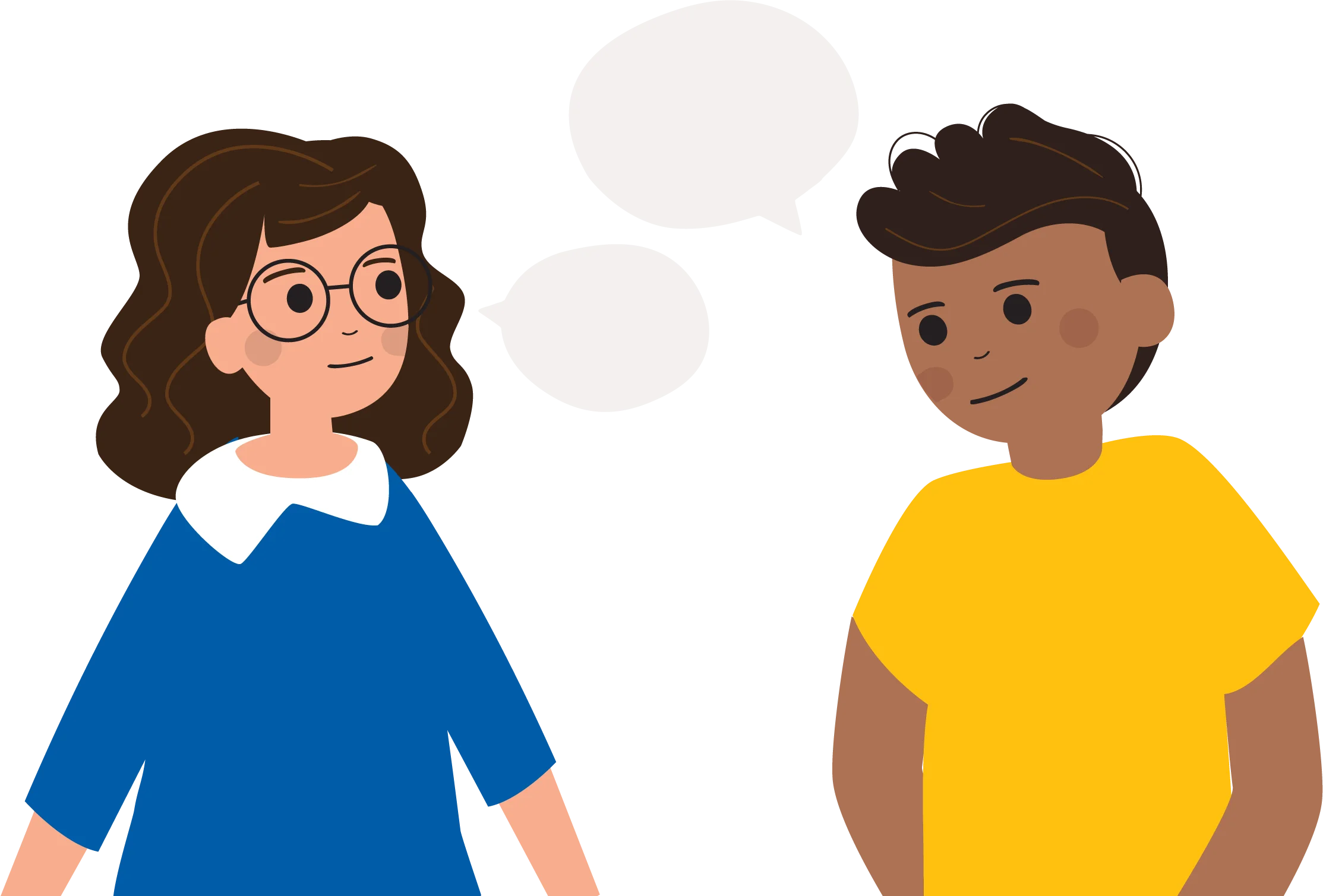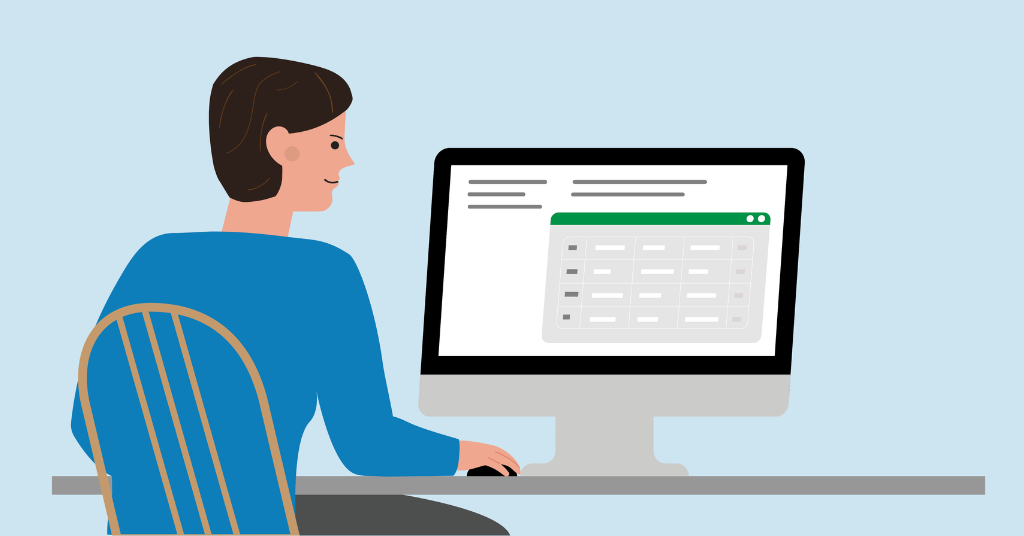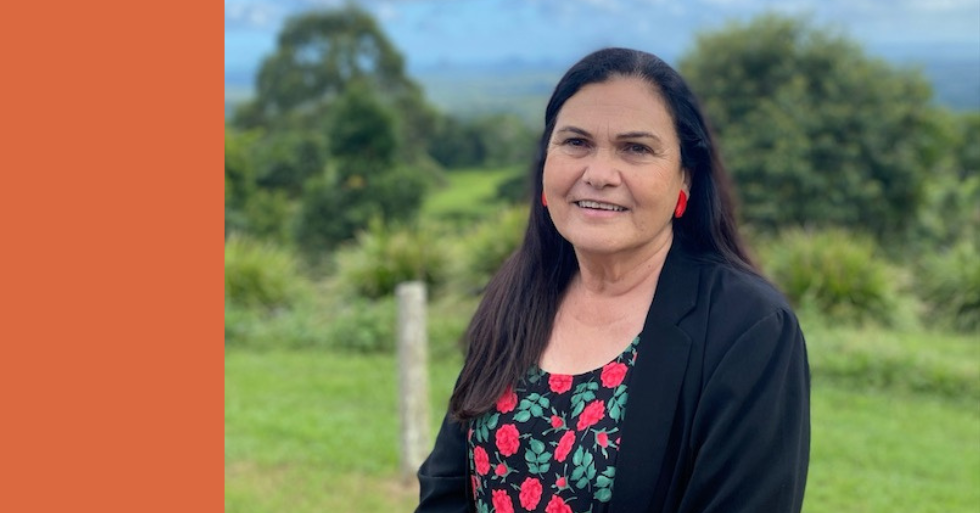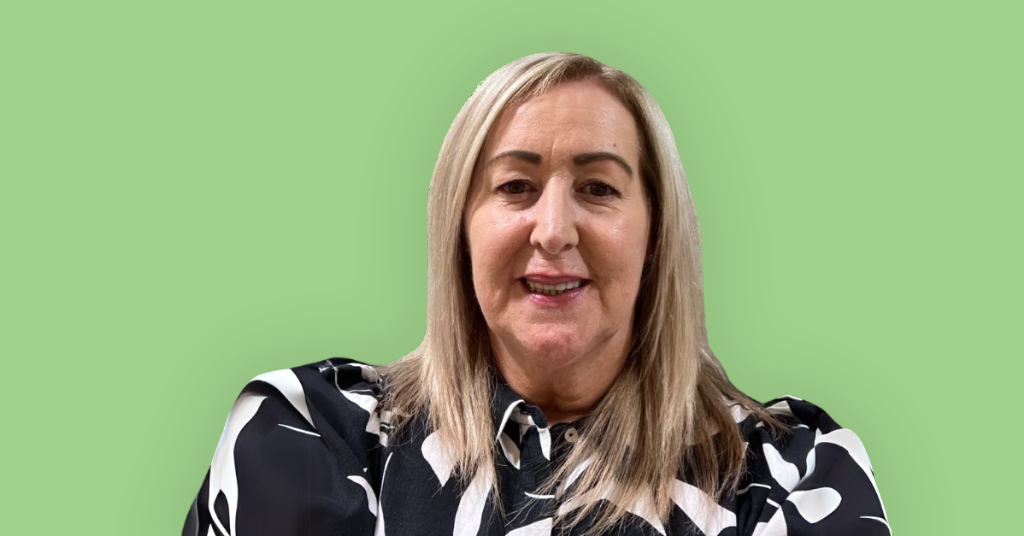From campus to community: How Mental Health First Aid shaped the way Sean shows up.
Sean Ryan arrived in Australia as an international student in 2017, prepared for the challenges of navigating a new country and balancing university expectations with part time work, and finding his place in a new culture. Mental health wasn’t something he expected to think about, let alone talk about.
“Back home in Malaysia, mental health wasn’t really talked about,” Sean explained. “You didn’t think about it until something happened, and then it was hard to know where to go for support.”
But it wasn’t long before circumstances bought mental health into sharper focus, and Sean found himself on a path he hadn’t anticipated – one shaped by lived experience, meaningful conversations, and a growing commitment to helping others feel less alone.
Finding his feet
For Sean, the transition to life as an international student came with the usual challenges: adjusting to a new culture, managing finances, understanding academic expectations, and trying to build a new social network. Like many students during the pandemic, he faced the pressures of isolation and being far away from his family.
In 2020, Sean’s father was diagnosed with a serious health condition, and concerns about his own mental health became harder to ignore. He recognised signs of anxiety and depression, but hesitated seeking support through his GP due to the wait time.
“I knew if I went to a GP, it could take a long time to get in to see a psychologist,” Sean said. Instead, he accessed a free online program through MindSpot, where he could check in weekly with a professional. “That really helped me get my headspace back on track.”
It was during this period that Sean also completed his first Mental Health First Aid® course, supported by his university’s student union. What began as a way to understand his own experiences soon became something more – an opportunity to connect with others and create space for conversations that matter.
Becoming someone others could turn to
After completing Mental Health First Aid, Sean soon became a student leader and international student host, helping others adjust to life on campus. He was often a first point of contact for new students and found that his training gave him tools to offer meaningful support.
“People knew I had those skills, and it made it easier for them to approach me,” Sean said. “Sometimes it was just giving them a safe space to talk. You’re not trying to offer solutions straight away, just listening and being present.”
His Mental Health First Aid training gave him practical tools and the confidence to have these conversations, and the empathy and lived experience that he brings to each conversation helps him to make an even stronger difference.
Completing his refresher course in 2021 gave Sean further confidence to use these skills beyond the university environment. Moving into community-based roles and event work, he found ways to continue supporting those around him.
Breaking stigma and building understanding
Sean’s motivation for becoming a Mental Health First Aider came from his experience arriving in Australia as an international student and navigating his own mental health problems.
“It’s about breaking the stereotypes and stigma that still exist in some culturally and linguistically diverse communities. Diminished mental health shouldn’t be taboo – it’s something we all experience as human beings.”
He hopes to one day become a Licensed MHFA Instructor, to build community capacity and continue to advocate for greater understanding of mental health.
Keeping well while helping others
His work supporting others is incredibly rewarding – but Sean also knows how important it is to protect his own wellbeing along the way. He finds strength in his own personal practices like daily reflections through a faith-based app and using music to reset and recharge.
Just as importantly, he’s mindful of setting boundaries. “If a friend reaches out, I’ll let them know if I’m available to talk or arrange a time when I can really be present. It’s about giving them space, but also honouring where you’re at personally.”
For Sean, looking after others starts with looking after yourself. That balance has made all the difference in how he shows up.
One conversation at a time
Sean’s journey shows the ripple effect that one person – and one conversation – can have. His journey as a Mental Health First Aider has shown him how to create community connections and support culturally safe conversations about mental health. These experiences continue to inform how he shows up in his personal and professional life, taking on leadership roles that contribute to the broader community today.
As Sean looks to the future, his ‘why’ remains focused on breaking down barriers, building understanding, and helping others feel supported, one conversation at a time.

Have a Story to share?
Simply fill out the form below to share your details and our team will get in touch with you to discuss next steps.
Read Other Stories
Explore our other stories below or go back to the MHFA Stories page.
Dan’s Story
How burnout became a mission to help others It took an almost out-of-body experience during a meeting for Dan to recognise that his working hours were unsustainable. Burnt out and disconnected, he realised something had to change. Dan had been working in the...
Aunty Margaret’s story
Since becoming a Licensed Aboriginal and Torres Strait Islander Mental Health First Aid Instructor in 2017, Margaret has delivered courses across the country, including prisons, schools, big cities and remote communities. She is licensed to deliver the Aboriginal and Torres Strait Islander course, along with the program’s Youth Aboriginal and Torres Strait Islander, Talking about Suicide, Talking about Non-Suicidal Self-Injury, and Youth Yarns (pilot) courses. She also facilitates Certificate IV in Mental Health.
Lyndel’s Story
“That’s where my passion lies, the course validated what I already knew and expanded on it, providing helpful advice on building cultural knowledge and keeping people safe.”After a life shaped by early encounters with mental ill-health, proud pakana woman Lyndel found clarity and confidence through Mental Health First Aid. Now, she supports students with cultural strength, compassion, and life-saving skills.
Learn about our training
Explore our range of course options to find the Mental Health First Aid training that’s right for you.





